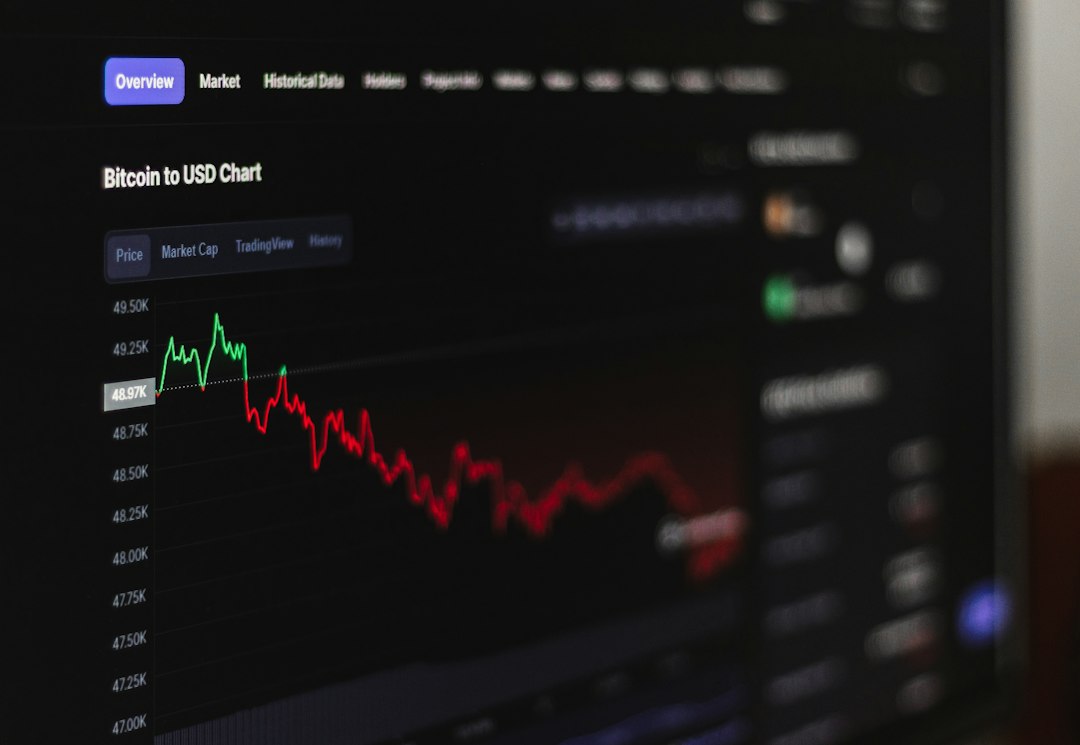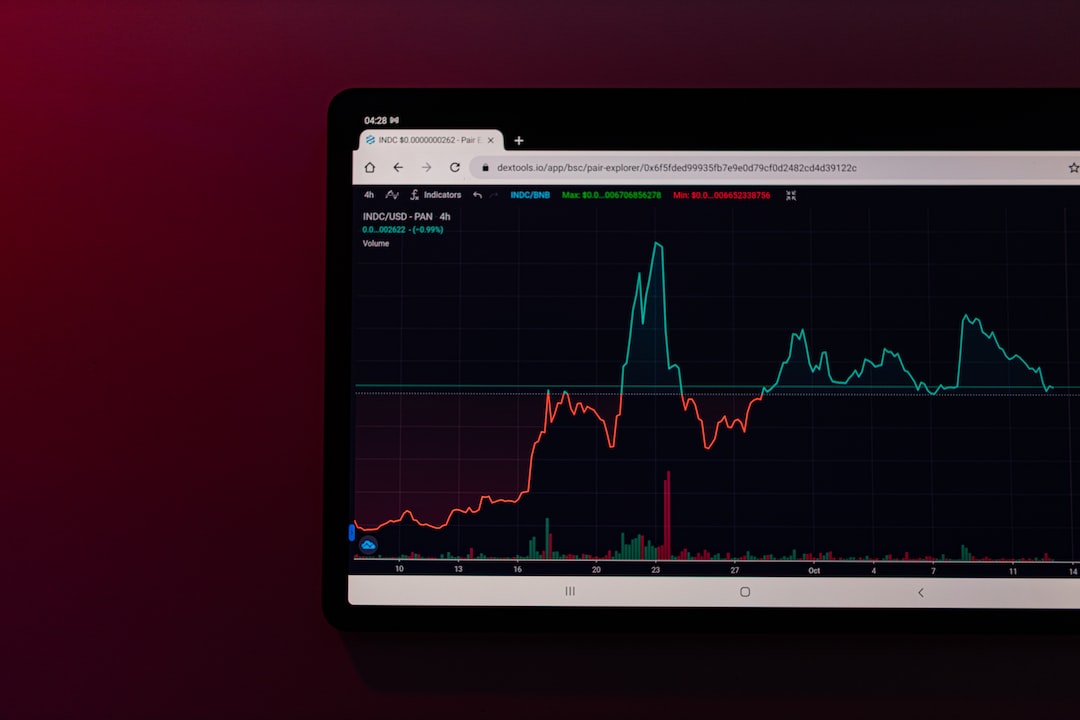The Unexpected Legal Faux Pas
Donald Trump’s former lawyer, Michael Cohen, recently made a blunder by using Google Bard, an AI chatbot, instead of a reliable search engine. Cohen mistakenly relied on Google Bard for court citations, which led to red flags and raised concerns about the authenticity of AI-generated content in the legal world. This error may impact his role as a witness in future cases against Trump.
The Google Bard Controversy
Cohen unwittingly used Google Bard to source court citations, which were later added to official court papers. However, the citations were found to be non-existent in relevant legal contexts, prompting skepticism and inquiries about Cohen’s involvement and the authenticity of AI-generated content.
Careful Investigation
The controversy led to Judge Jesse M. Furman’s scrutiny and a revelation that the cited cases didn’t exist. This situation has implications for Cohen’s credibility as a witness in future cases against Trump, with arguments from his defenders that he didn’t engage in misconduct, as he relied on his lawyer’s information.
A Growing Concern: AI Errors in Legal Cases
Cohen’s blunder is not an isolated incident, highlighting a broader trend of legal errors associated with AI usage. It emphasizes the need for legal professionals to verify AI outputs, as they can be irrelevant and misaligned with the primary argument. This underscores the importance of ensuring the accuracy and integrity of court submissions when using AI-generated content in legal research.
Hot Take
As the legal community integrates AI tools, the emphasis remains on careful verification. While AI offers speed and efficiency, ensuring the accuracy of its outputs is paramount to maintain the credibility of legal processes.





 By
By
 By
By

 By
By
 By
By
 By
By